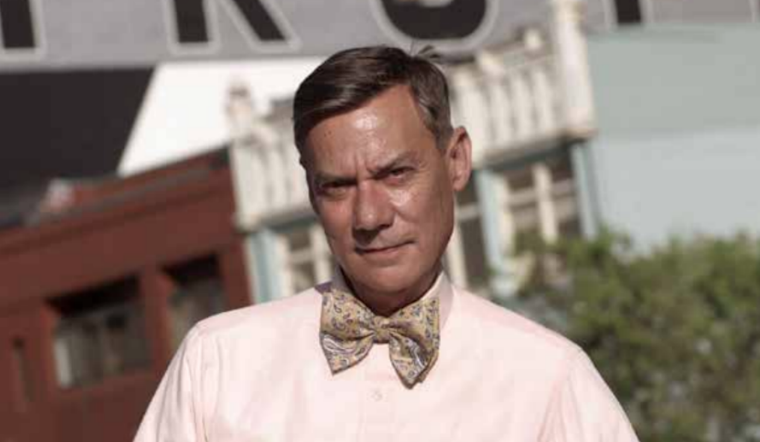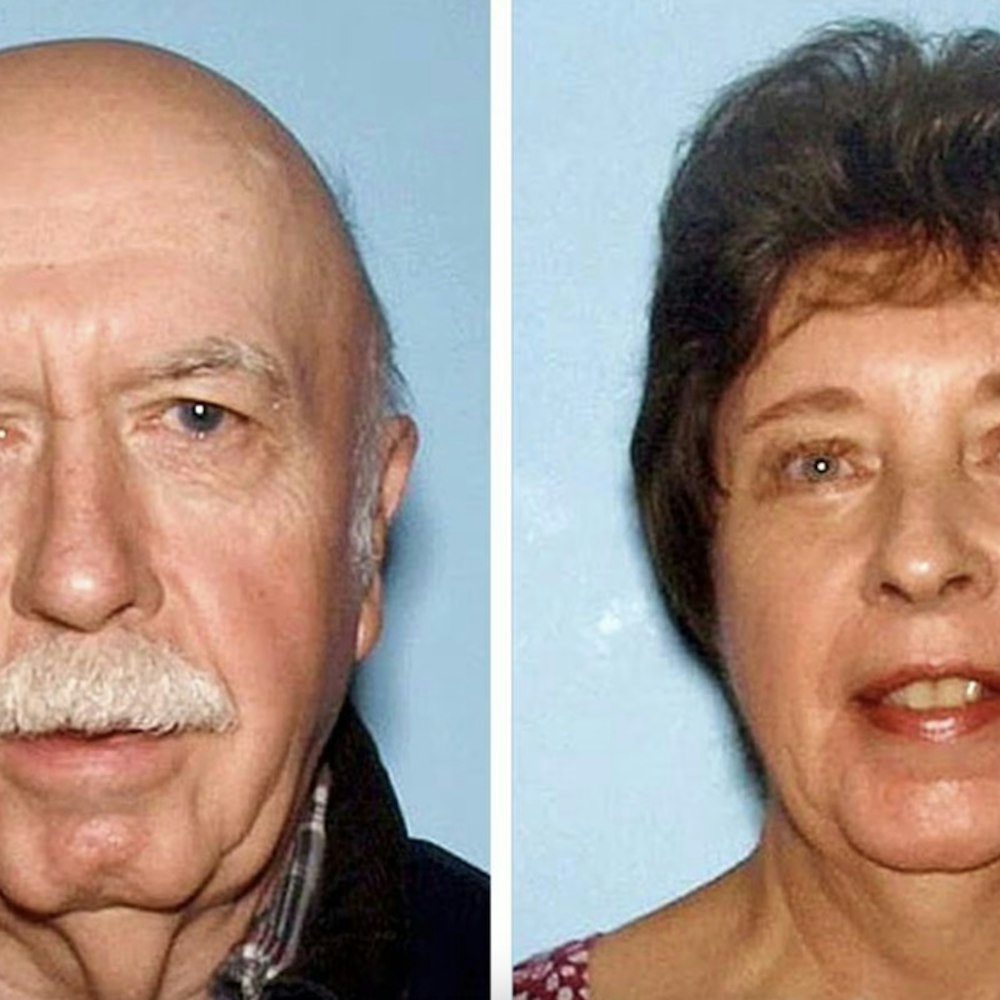
This article, written by Jonathan Newman, was originally published in Central City Extra's April 2015 issue.
Patrick Murphy, onetime tenant activist, pioneer City Hall blogger and 20-year resident of the Alexander Residence, died January 26th at age 65.
Mr. Murphy worked as a general assignment reporter for the Richmond Independent and its successor, the Berkeley Daily Gazette. After he arrived in San Francisco in 1981, he filled that same position at the San Francisco Chronicle. Mr. Murphy is often remembered for his role in preserving low-cost housing in the Tenderloin.
In 1996, the private owners of the Antonia Manor, Maria Manor, Marlton Manor and Alexander Residence announced they intended to sell and would terminate the federal subsidy for Section 8 housing to entice buyers, threatening rents affordable to the low-income. Hundreds of Tenderloin units would become market rate under new ownership. Mr. Murphy and others began organizing the Alexander’s residents, urging them to recognize their pending displacement and petition local politicians to step in and prevent the sale.
Mr. Murphy began publishing an in-house broadside, The Alexander Sentinel. Neighborhood tenant councils formed, redevelopment funding materialized and nonprofits stepped forward with long-range plans to stabilize housing. In 2000, nonprofit Tenderloin Neighborhood Development Corp.’s purchase of the Alexander helped ensure low-income housing in the TL for the next 99 years.
Went Online In 1997
Mr. Murphy was president of the Alexander Tenants Association and later served as a member of the Board of Directors of the Housing Rights Committee of San Francisco. His tenant organizing pamphlet became the District 6 Sentinel and, in 1997, the online San Francisco Sentinel. Initially, as publisher, editor and often sole reporter, he promoted the San Francisco Sentinel as a progressive voice of local politics and issues. He relished the role of gadfly, tweaking big business and championing the outsider.
His editorial style could be snappish, often caustic, and with his trademark bowtie, sometimes worn with spats, top hat and cane, he became an easily recognized presence at City Hall. But the politics and tone of the Sentinel began to change as the century turned 21. Mr. Murphy ran afoul of the powers that-be, and got accused of news play for pay, which, of course, he denied.
In 2005, then-Supervisor Chris Daly wrote that Mr. Murphy offered him editorial rights over any stories about him in the Sentinel in exchange for $1,500. Daly refused. Mr. Murphy denied the allegation and went on to wage a campaign to remove Daly from office. Liberal local media voices accused Mr. Murphy of allowing front groups for downtown interests to co-opt his publication and attack Daly without substantial facts. Mr. Murphy countered that his campaign against Daly was based on a desire to return civility to politics.
Mr. Murphy later weathered a series of controversies, among them that the Sentinel was a front for Chevron and “Google bombed” its articles attacking environmental groups and indigenous natives of the Amazon delta who were suing the oil giant for pollution and murder. Critics charged that Mr. Murphy’s missives were artificially promoted to the front of online searches by powerful public relations firms working on Chevron’s behalf. Internet monitoring groups linked Mr. Murphy to Don Solem & Associates, a public relations firm representing Chevron.
Mr. Murphy sometimes posted the work of other journalists to the Sentinel site without attribution. A number of local bloggers questioned his journalistic ethics.
Diagnosed with emphysema and cirrhosis in 2010, Mr. Murphy blogged: “I’ve thoroughly enjoyed every cigarette I ever smoked, but now I’ll be smoke-free.” He joked that readers should send money to defray his medical expenses and fund his emigration to Israel. He had converted to Judaism the year before.
Mr. Murphy sold the The Sentinel Website in 2013 to Seth Martinfield, who had taken over publishing the site a year earlier.
A memorial was conducted at the Alexander for Mr. Murphy on Feb. 26th. Rabbi Natan Fenner of the Bay Area Jewish Healing Center presided, leading Mr. Murphy’s friends and fellow Alexander residents in the Kaddish, a traditional Jewish prayer to help the soul of the departed in its journey upward.
“We often talked about his loss of faith and how he was drawn to Judaism, the aspects of the religion that were activist and worldly and that allowed him to believe in God and accept human limitations,” the rabbi said. “Patrick had a hard childhood, but he said it helped him to forge his own path. He was an iconoclast and a critical thinker, and he had a particular style and voice that affected people, whether they agreed with him or not.”
Journalistic Mentor
Chris Roberts, editor of SF Evergreen, a new monthly magazine devoted to the business and culture of marijuana, recalled meeting Mr. Murphy in the early 2000s: “I saw the city as a place to find a tribe, find a community. I wanted to break into journalism and Pat showed me the ropes, told me who was who, and hired me as a journalist and photographer for the Sentinel, although I know he was as broke as me. He was real San Francisco.”
Fellow Alexander resident Michael Nulty remembered how Mr. Murphy used his media abilities in the early efforts to bring changes to Tenderloin housing. “What he wrote got people to understand the problems of the Alexander’s tenants and of other neighborhood tenants, too. He knew how to activate people politically and that led to good things like redevelopment grants and tenant councils,” Nulty said.
h. brown, a neighborhood activist and onetime mayoral candidate, remembered that immediately after the attacks of 9/11 he sent Mr. Murphy a hastily written diatribe calling on the U.S. to nuke Mecca. “He posted it. I was floored. He never edited me, but he was my mentor,” brown said.
Joe Lindsey, who knew Mr. Murphy for 31 years, called him “my special friend. He helped me with my problems. He called me Truman Capote and I called him Norman Bates — I thought he resembled the actor Tony Perkins.”
After the memorial, some people stayed, talking in small groups, mostly about politics. A reporter reminded Sheriff Ross Mirkarimi of old gossip that he and Mr. Murphy had fallen out during Mirkarimi’s years as a supervisor. “Never happened,” Mirkarimi said. “Pat and I always stayed friends. He used to hang out in my office for hours. It was very collegial. When he converted, I told him I was proud of him."









